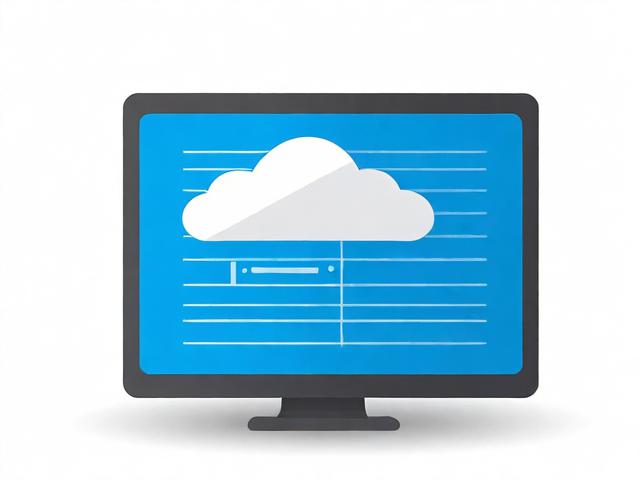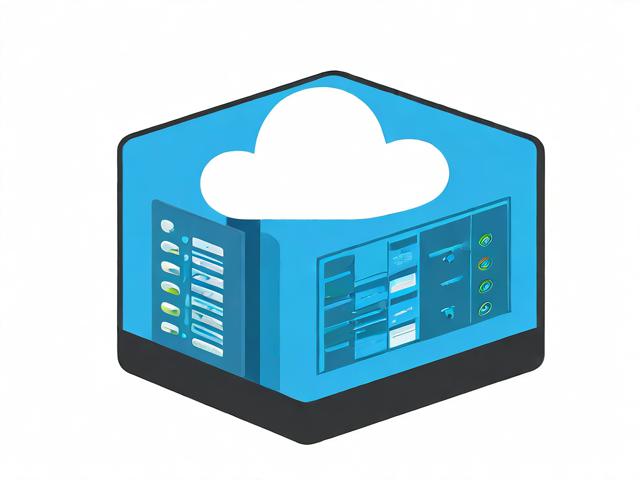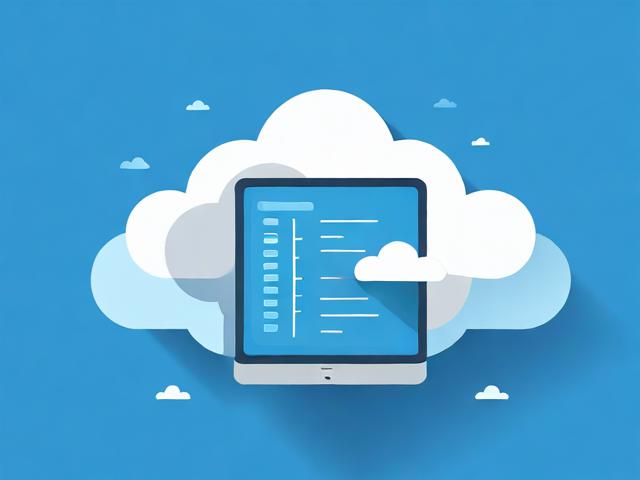C如何获取API接口数据?——接口调用与数据获取方法?
- 行业动态
- 2025-03-02
- 7
在C#中,可以使用HttpClient类来获取API接口的数据。
在C#中获取API接口的数据是一个常见的需求,无论是进行数据分析、展示信息还是实现其他功能,以下是详细的步骤和示例代码,帮助你在C#中轻松获取API接口的数据。
一、使用HttpClient获取API数据
引入必要的命名空间
using System; using System.Net.Http; using System.Threading.Tasks; using Newtonsoft.Json.Linq;
2. 创建HttpClient实例并发送请求
class Program
{
static async Task Main(string[] args)
{
using (HttpClient client = new HttpClient())
{
client.BaseAddress = new Uri("https://api.example.com/"); // 替换为你的API基础URL
client.DefaultRequestHeaders.Accept.Clear();
client.DefaultRequestHeaders.Accept.Add(new System.Net.Http.Headers.MediaTypeWithQualityHeaderValue("application/json"));
try
{
HttpResponseMessage response = await client.GetAsync("endpoint"); // 替换为你的API端点
response.EnsureSuccessStatusCode();
string responseBody = await response.Content.ReadAsStringAsync();
JObject jsonResponse = JObject.Parse(responseBody);
Console.WriteLine(jsonResponse.ToString());
}
catch (HttpRequestException e)
{
Console.WriteLine("
Exception Caught!");
Console.WriteLine("Message :{0} ", e.Message);
}
}
}
} 二、处理JSON响应
解析JSON数据
使用Newtonsoft.Json库可以方便地解析JSON数据,确保你已经安装了Newtonsoft.Json包,可以通过NuGet包管理器安装:

Install-Package Newtonsoft.Json
示例代码
using Newtonsoft.Json;
using Newtonsoft.Json.Linq;
// 假设你从API获取到的JSON数据如下
string jsonData = @"{
"name": "John Doe",
"age": 30,
"city": "New York"
}";
// 将JSON字符串转换为JObject对象
JObject jsonObject = JObject.Parse(jsonData);
// 访问JSON数据
string name = jsonObject["name"].ToString();
int age = jsonObject["age"].Value<int>();
string city = jsonObject["city"].ToString();
Console.WriteLine($"Name: {name}, Age: {age}, City: {city}"); 三、错误处理与重试机制
添加重试逻辑
为了提高程序的健壮性,可以添加重试逻辑,以下是一个简化的重试示例:
static async Task<HttpResponseMessage> MakeRequestWithRetry(HttpClient client, string uri, int retries)
{
while (retries > 0)
{
try
{
return await client.GetAsync(uri);
}
catch (HttpRequestException)
{
retries--;
if (retries == 0) throw;
}
}
return null; // 这行代码实际上永远不会到达,但编译器要求返回一个值
} 使用重试逻辑调用API
class Program
{
static async Task Main(string[] args)
{
using (HttpClient client = new HttpClient())
{
client.BaseAddress = new Uri("https://api.example.com/"); // 替换为你的API基础URL
client.DefaultRequestHeaders.Accept.Clear();
client.DefaultRequestHeaders.Accept.Add(new System.Net.Http.Headers.MediaTypeWithQualityHeaderValue("application/json"));
try
{
HttpResponseMessage response = await MakeRequestWithRetry(client, "endpoint", 3); // 替换为你的API端点,并设置重试次数为3次
response.EnsureSuccessStatusCode();
string responseBody = await response.Content.ReadAsStringAsync();
JObject jsonResponse = JObject.Parse(responseBody);
Console.WriteLine(jsonResponse.ToString());
}
catch (HttpRequestException e)
{
Console.WriteLine("
Exception Caught!");
Console.WriteLine("Message :{0} ", e.Message);
}
}
}
} 四、FAQs
Q1: 如果API需要身份验证怎么办?
A1: 如果API需要身份验证,可以在HttpClient请求头中添加Authorization字段,对于Bearer Token认证,可以这样做:

client.DefaultRequestHeaders.Authorization = new System.Net.Http.Headers.AuthenticationHeaderValue("Bearer", "your_access_token"); your_access_token应替换为你的实际访问令牌。
Q2: 如何处理复杂的JSON结构?
A2: 对于复杂的JSON结构,你可以定义相应的C#类来反序列化JSON数据,如果API返回以下JSON数据:

{
"person": {
"name": "John Doe",
"age": 30,
"address": {
"city": "New York",
"zipcode": "10001"
}
}
} 你可以定义以下C#类来表示这个结构:
public class Address
{
public string city { get; set; }
public string zipcode { get; set; }
}
public class Person
{
public string name { get; set; }
public int age { get; set; }
public Address address { get; set; }
}
public class RootObject
{
public Person person { get; set; }
} 然后使用JsonConvert.DeserializeObject<T>方法将JSON字符串反序列化为C#对象:
string jsonData = @"{...}"; // 你的JSON数据
RootObject rootObject = JsonConvert.DeserializeObject<RootObject>(jsonData);
Console.WriteLine($"Name: {rootObject.person.name}, Age: {rootObject.person.age}, City: {rootObject.person.address.city}"); 















